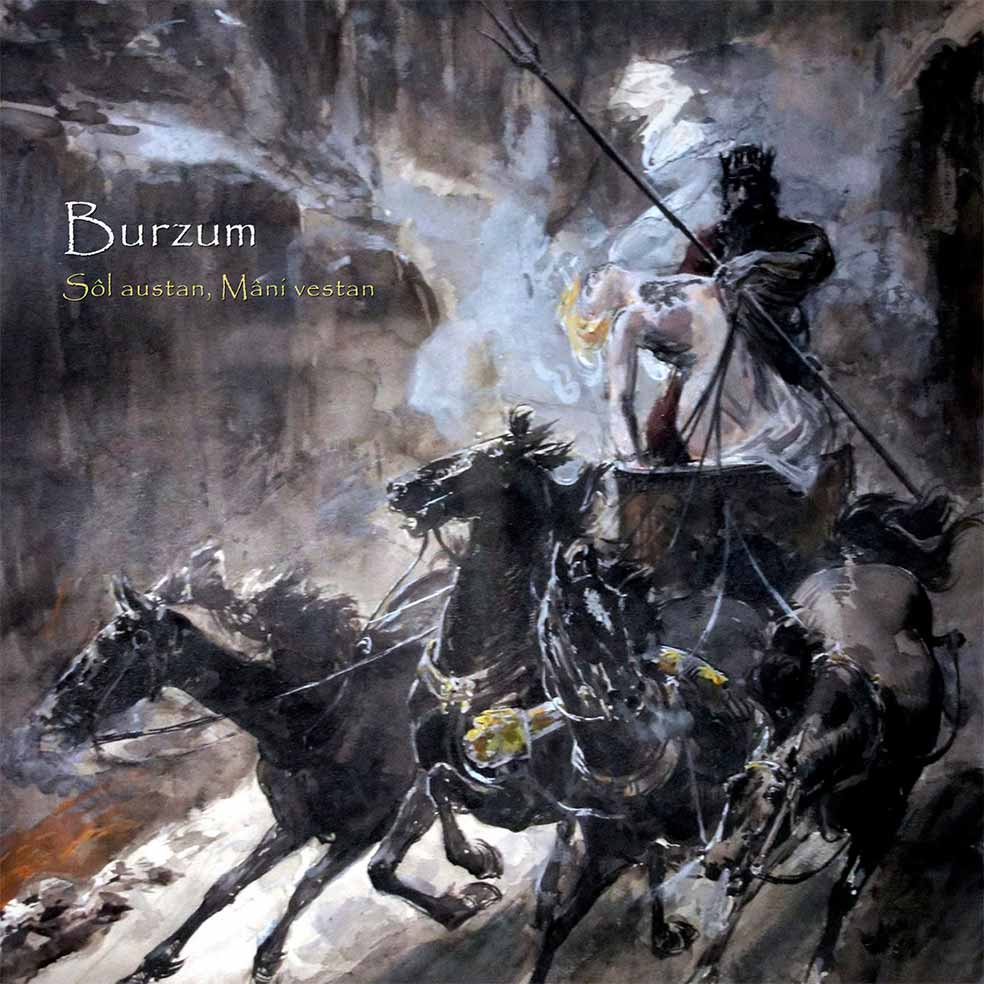The following list was compiled more for the sake of
recommending some of my favorite compositions and recordings than to present
any sort of list based on technical or historical importance, even though such
a distinction between "subjective" and "objective" is by no
means emphatic. The term "classical" is misleading, in that most of
the compositions belong to other periods, such as the Baroque (Bach),
Classical/Romantic (Beethoven), all the way up to the Modern (Mahler and
Schoenberg), so I have instead employed the more comprehensive term
"Western art music", specifically in distinction to Western popular
music.
1.
Das Wohltemperierte Klavier (The Well-Tempered
Clavier) – Johann Sebastian Bach
a.
András Schiff (ECM, 2012)
b. Glenn Gould (Sony, 2012)
c. Sviatoslav Richter (RCA Victor Europe, 1992)
2.
Symphony No. 5 – Gustav Mahler
a.
Sir John Barbirolli (EMI, 2005)
3.
Das Buch der hängenden Gärten (The Book of the
Hanging Gardens) – Arnold Schoenberg
a.
Jan DeGaetani & Gilbert Kalish (Nonesuch,
1992)
b.
Glenn Gould (Sony, 2012)
4.
String Quartet No. 14 in C-sharp minor, Op. 131
– Ludwig van Beethoven
a.
Takács Quartet (Decca, 2005)
b.
Busch Quartet (EMI, 2008)
5.
Das Lied von der Erde (The Song of the Earth) –
Gustav Mahler
a.
Otto Klemperer (EMI, 2005)
6.
6 Moments Musicaux, Op. 94 D.780 – Franz
Schubert
a.
Alfred Brendel (Decca, 2011)
7.
Kammersymphonie, für 15 soloinstrumente, Op. 9
(Chamber Symphony No. 1) – Arnold Schoenberg
a.
Sir Simon Rattle (EMI, 2008)
b.
Robert Craft (Naxos, 2010)
8.
Liederkreis, Op. 39 (Song Cycle) – Robert
Schumann
a.
Dietrich Fischer-Dieskau & Alfred Brendel
(Philips, 1986)
9.
String Quartet No.19 in C, K.465 -
"Dissonance" – Wolfgang Amadeus Mozart
a.
Emerson String Quartet (Deutsche Grammophon,
2005)
b.
Alban Berg Quartet (Teldec, 2002)
10.
Piano
Sonata No. 32 in C minor, Op. 111 – Ludwig van Beethoven
a.
Maurizio Pollini (Deutsche Grammophon, 1997)
b.
Alfred Brendel (Decca, 2011)
c.
Wilhelm Kempff (Deutsche Grammophon, 2008)
